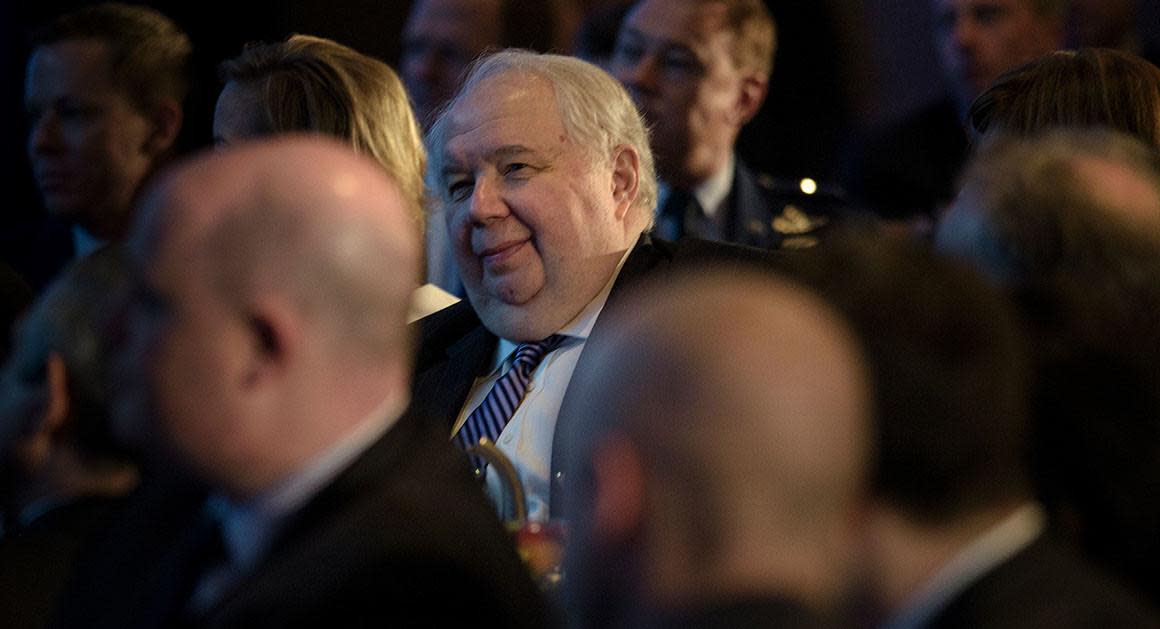Putin appoints replacement for controversial Washington ambassador caught up in US election fixing claims

Russia has appointed a new Washington Ambassador - replacing the controversial but much-respected envoy caught up in US election fixing claims.
Sergey Kislyak, who has served since 2008, is to be replaced by Deputy Foreign Minister Anatoly Antonov. Since Mr Trump entered the Oval Office, it has emerged that Mr Kislyak was a regular interlocutor with members of Donald Trump’s campaign team - including his son-in-law Jared Kushner, national security advisor Michael Flynn, and Attorney General Jeff Sessions.
Indeed, it was the envoy's meeting with Mr Flynn that forced him to resign his position, and his meeting with Mr Sessions that led him to recuse himself from the investigation into Russia’a alleged cyber-meddling in the 2016 election - something that deeply announced Mr Trump.
Mr Kislyak was also president with Russian Foreign Minister Sergei Lavrov, when they met with Mr Trump in his office shortly after his firing of FBI Director James Comey.
During that meeting in May, Mr Trump disclosed highly classified information to the Russians about a planned Isis operation, based on sensitive intelligence the US had obtained from an ally, later revealed to be Israel.

Politico said that the appointment of Mr Antonov may lead to a tougher chapter in US-Russia relations given his reputation as a hardliner. The 62-year-old recently completed a nearly six-year stint as a deputy in Russia’s defence ministry.
It said that Mr Antonov’s arrival is expected to be a noted shift in Washington’s diplomatic community, where Mr Kislyak was known as an affable fixture on the embassy party circuit, and an experienced political figure with routine official access to US government circles.
“It’s the continuation of a trend we’re seeing throughout Europe, where Moscow is putting in hardline, almost Soviet-style diplomats,” Heather Conley, who runs the Europe and Eurasia program at the Centre for Strategic and International Studies, told Politico.
As a defence official, Mr Antonov was an important strategist in Moscow’s 2014 invasion of Ukraine, and he received a medal from Mr Putin awarded to officials who participated in the annexation of the Crimean peninsula.
In a 2015, interview with the Russian network RT, Mr Antonov blamed the US for the then-deteriorating relationship between Washington and Moscow. “They have to change their behaviour,” he said of the US. “It is not we have started the confrontation between Nato and the Russian Federation.”

 Yahoo News
Yahoo News 
